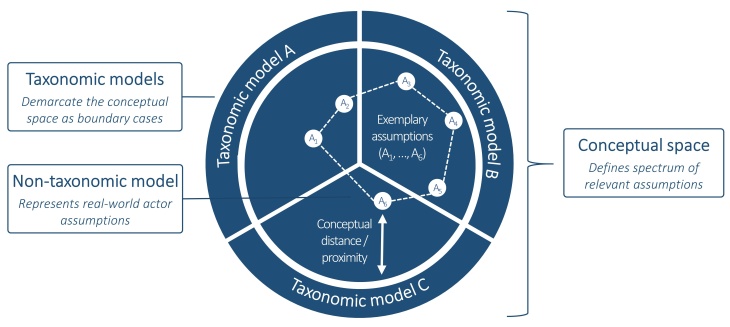Paper: Models of science and society: transcending the antagonism

Figure: Markus Dressel
What is the appropriate place for science in society? Despite the vast literature on the subject, the science–society relation remains a disputed issue. A major reason is that, when we are asking about the right place of science in society, we are actually asking a range of interrelated and hard-to-answer individual questions. These questions include the role of social values in the research process, the neutrality of science in policy, the interplay between evidence and decision-making, and many others. A sensible way to organize these questions—and the set of potential answers—are science–society interaction models (SSIMs). SSIMs reduce the complexity of the science–society relation and provide generic templates for interactions between scientists and non-scientists. However, SSIMs are often used in an unproductive way, namely as antagonistic camps or as representations of real-world actors’ beliefs. Focusing on the popular distinction between technocratic, decisionist, and pragmatist models, this paper discusses the strengths and weaknesses of SSIMs. It argues that SSIMs should not, as is often done in the science–society literature, be understood as antagonistic camps or representations of actor beliefs, but as ideal types and heuristics. Building on this interpretation, this paper presents tentative ideas for a reflexive tool that real-world actors can use to assess their fundamental assumptions about science and society.
Dressel, M. Models of science and society: transcending the antagonism. Humanit Soc Sci Commun 9, 241 (2022). https://doi.org/10.1057/s41599-022-01261-x

